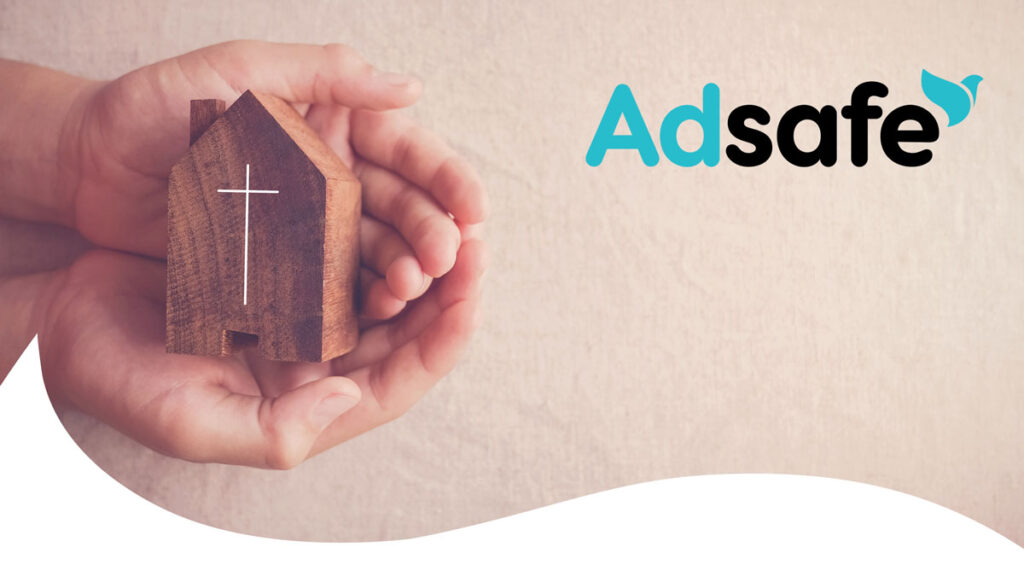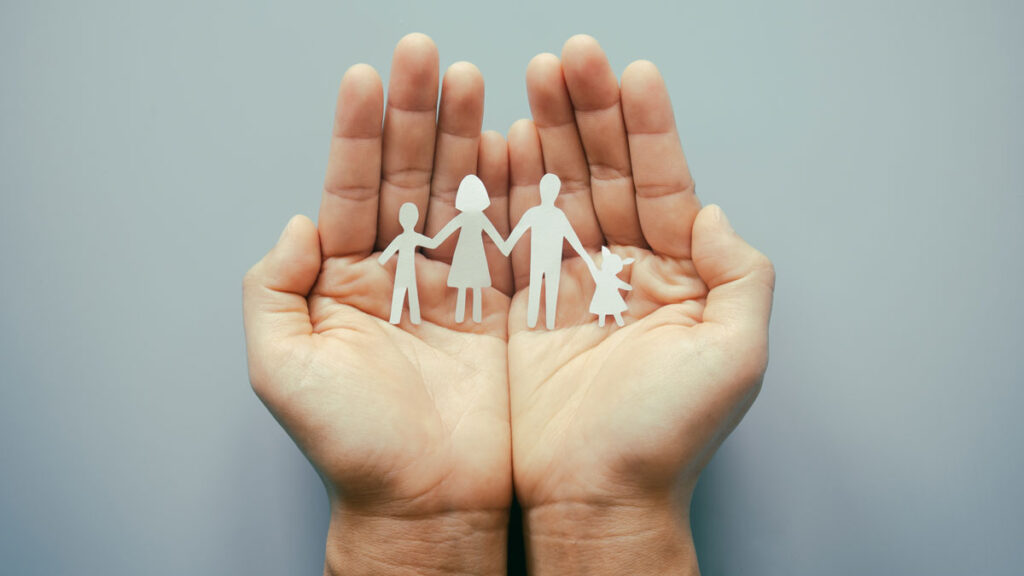“The Church Police”—that’s how some Adventists refer to Adsafe. I’ve also heard comments such as “Adsafe presumes everyone is guilty and always takes the victim’s side”, “Adsafe blocks people from attending church” and “Adsafe stops people from getting their working with children check”.
This misinformation is concerning, and it has prompted me to write this article to provide some clarity around the role of Adsafe in the South Pacific Division (SPD).
Firstly, I’ll briefly provide the reason for Adsafe’s existence, which dates back to the proceedings of the Australian Royal Commission into Institutional Responses to Child Sexual Abuse. The Royal Commission provided an appropriate understanding of past events and the subsequent development of recommendations, to bring effective change across a broad range of issues relating to child sexual abuse. Of the 6875 survivors who addressed the Royal Commission in private sessions, 4029 (58.6 per cent) spoke of abuse happening in religious institutions.1 Survivors who were brave enough to share their lived experience of abuse, enabled the Royal Commission to identify what needed to be done to make institutions safer for children in the future.
This led to extensive recommendations which have been the catalyst for numerous and ongoing national and state/territory legislative changes and the development of national child safe standards, as well as various similar state/territory standards. As a result of the findings and outcomes of the Royal Commission, society expects more vigilance from faith-based organisations collectively, in relation to child and vulnerable adult protection and will not tolerate further failures to protect. The Royal Commission has been the catalyst for numerous national and state/territory legislative changes, which are continuing to emerge and inform the SPD’s safeguarding framework.
Adsafe delivers—on behalf of the SPD—protective services for children and vulnerable adults who have been physically or sexually abused. These protective services include advice and guidance to all stakeholders, case management support and referral to appropriate professionals, risk management and investigations, policy development and training for all local churches and denominational entities throughout the Division. Adsafe is staffed with highly skilled and experienced personnel who are compassionate and committed to applying procedurally fair processes, discharge their reporting obligations, support children and vulnerable adults who have experienced abuse, manage risk and deliver training to make all of our churches and denominational entities safe places for people to experience the love of God.
Adsafe’s work is challenging given the sensitive nature of all abuse types and due processes require strict confidentiality to afford protection for all persons involved, including the person subject to the allegations, the survivor, families, friends, pastors and leaders. Quite often matters need to be reported to police and while they investigate the matter, neither Adsafe nor any other stakeholder can interfere with the process. Negative narrative about Adsafe often stems from people not knowing the “other side” of the story.
Adsafe is a voice for those children and vulnerable adults who have been abused. I am now honoured to share a true experience of a survivor within our Division.
1. Commonwealth of Australia (2017). The Australian Royal Commission into Institutional Responses to Child Sexual Abuse: Final Report—Religious Institutions, Volume 16, Book 1, p23.






